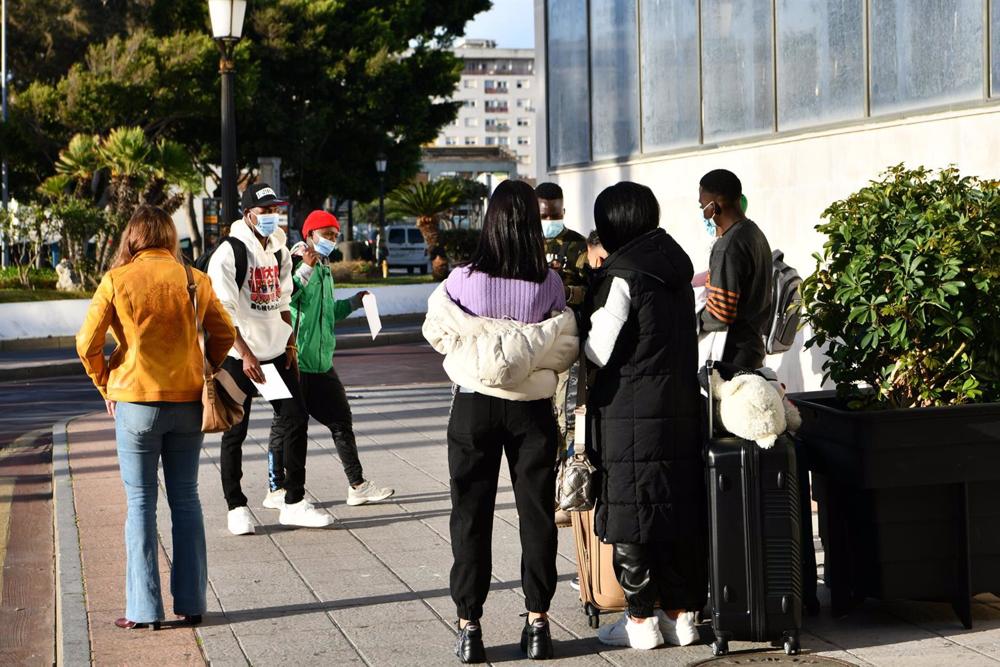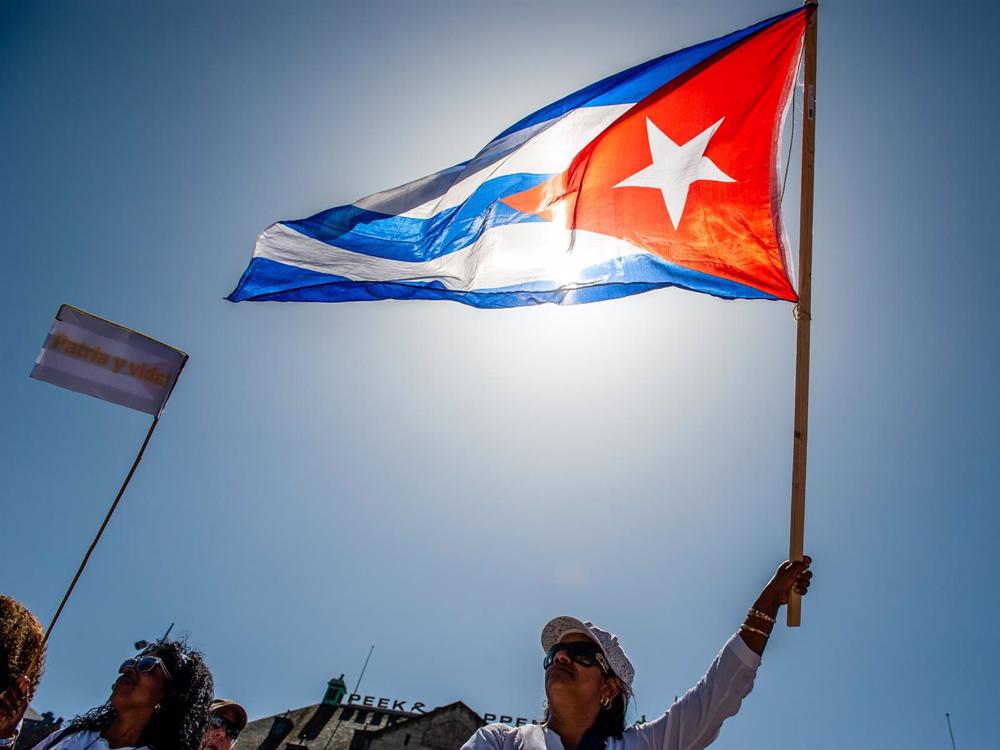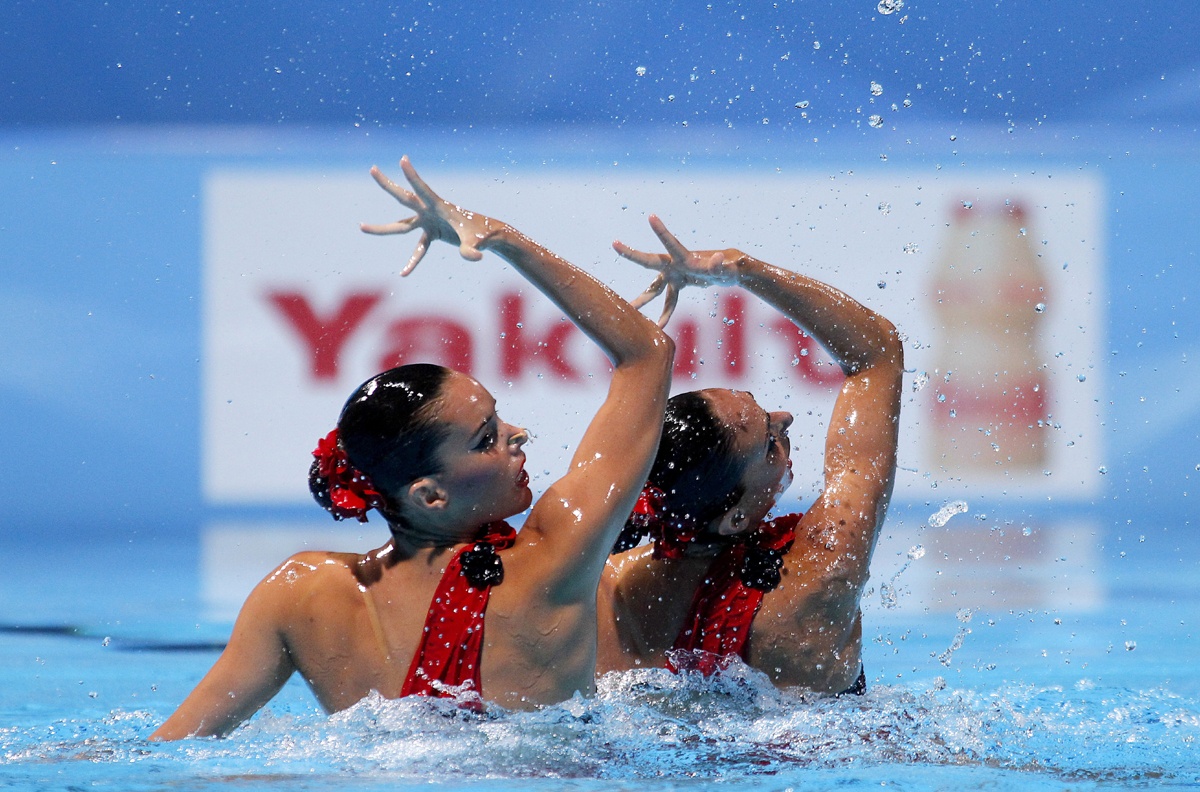
The European Commission has proposed this Tuesday to bet on joint operations to speed up deportations to third countries of migrants who have arrived irregularly in the European Union and who are not granted international protection, a measure that Brussels frames within a «new operational strategy» that it proposes to the EU-27 to speed up expulsions and assist in the reintegration of migrants at their destination.
The Commissioner for Home Affairs, Ylva Johansson, and the EU Returns Coordinator, Mari Juritsch, have presented at a press conference the details of the initiative that the interior ministers of the bloc will have the opportunity to discuss for the first time later this week at an informal meeting in Stockholm and that Brussels hopes will also be on the table of EU leaders at their summit on 9 and 10 February.
The lack of cooperation on the part of the countries of origin or transit is one of the main stumbling blocks to speed up returns that depend on often «long and unclear» bureaucratic processes to obtain the necessary travel documents, but not the only one, according to the two EU leaders, who also call for improvements in the management and cooperation between Member States.
«Even with those countries that do not put up political barriers or problems, the returns are 15%», warned Johansson, who conceded that there is «much room for improvement» in the management of EU countries with those third countries that do have «the will to cooperate».
Therefore, one of the ideas advocates facilitating cooperation between Member States that have «similar needs», so that they can «join forces and support each other» with operational return activities. In this context, the EU’s border and coast guard (Frontex) will «if necessary» adapt its activities to the assistance required.
Although Brussels admits that there is a lack of solid data to evaluate the returns policy due to the disparity of procedures within even the EU, according to data from the European statistics agency (Eurostat), barely 21% of the expulsion orders issued in the EU were carried out during 2021 and only 18% of the expelled migrants availed themselves of the voluntary return framework.
In general terms, the new strategy presented by the EU executive rests on four pillars: specific actions on immediate needs – for example through joint operations focused on a small and predefined group of third countries -, speeding up the return process, return and reintegration counseling, and the digitization of return management.
In this context, the proposal could a «close» interaction between the internal and external dimensions of migration policy, with specific policies and tools, and that national actions in this area are «consistent» and serve to «build cooperation and solidarity» between the EU countries themselves.
Another key is to advance in the digitization of all processes related to returns, to have reliable data and tools to analyze them, in addition to reducing bureaucracy and streamlining procedures.
Johansson has defended his proposal to reactivate a strategy for the return of irregular migrants that remains stagnant despite initiatives such as sanctioning countries that do not cooperate on deportations with visa restrictions.
He has also indicated that the need to significantly increase the returns of those who do not have international protection in the EU is also one of the priorities of the Pact on Migration and Asylum that the bloc has been negotiating for years and for which the EU institutions have set the goal of laying the foundations of a political agreement before the end of 2023.
Source: (EUROPA PRESS)






